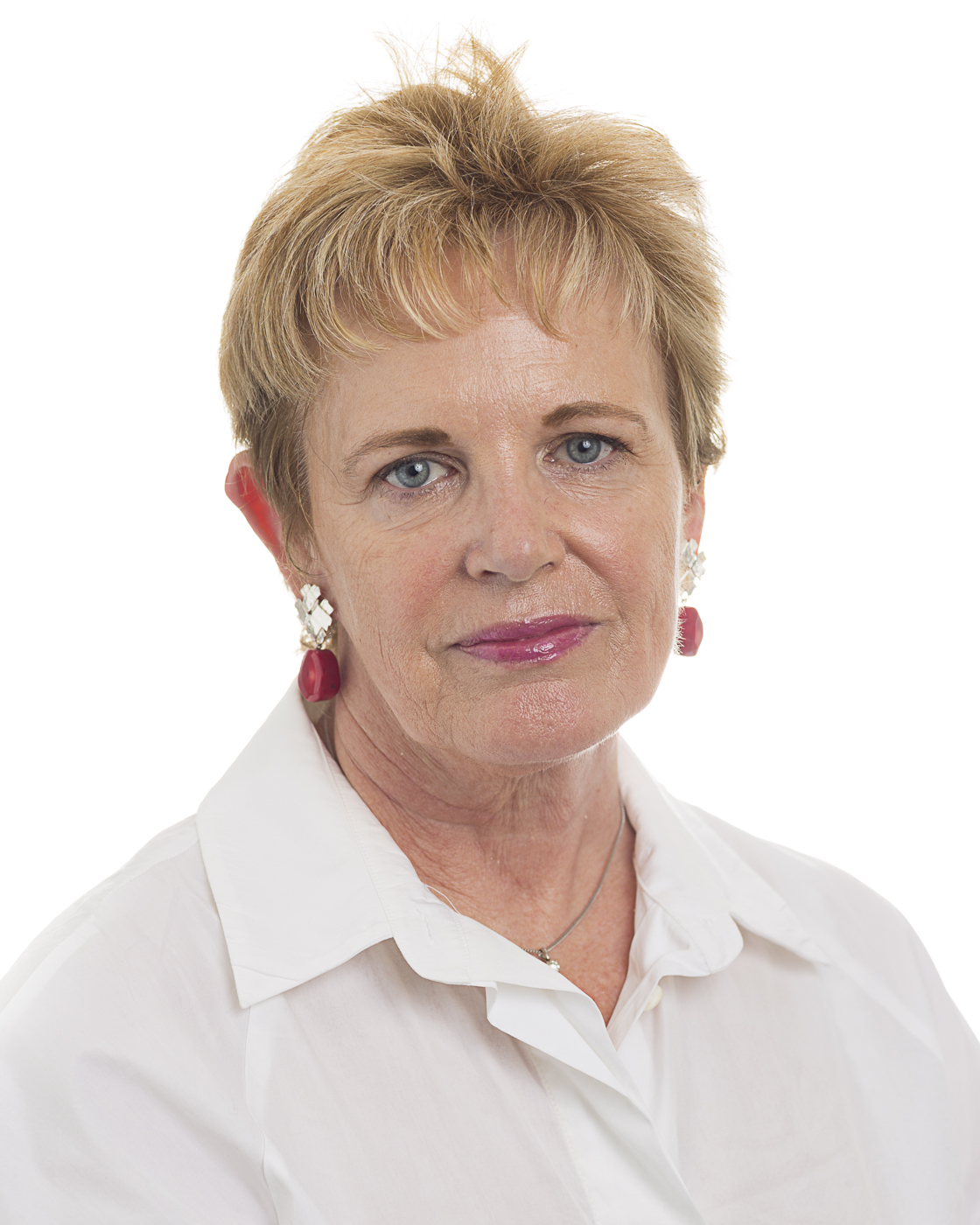A healthy corporate culture is hard won, and easily lost
24 June 2020

This week I came across an interesting article published by the FCA on the pitfalls of using data to measure corporate culture. It is particularly salient as we ease the lockdown and see businesses realign their operations and people to cope with new economic conditions.
The damage done over the last three months to business and society is deep and insidious, and the long term effects are at this stage largely unfathomable. The move out of the furlough period is likely to precipitate an upturn in redundancies. But just as furloughing wasn’t the perfect solution for all scenarios, neither is laying people off.
No amount of Zoom meetings can protect against the beating dished out to all aspects of corporate culture – values, ambition, resilience, community. But we must guard against compounding this problem by making sure we investigate all options to protect our businesses and our people. The risk is that we do further damage to our carefully fostered cultures which may set us back years in terms of emotional and financial investment.
Cultures are difficult to measure because they are difficult to build. But they are surprisingly easy to destroy.
In particular, we must be careful that we don’t discard our aspiration to become more inclusive. Women and ethnic minorities can be disproportionately affected in any crisis - we have already seen this played out in the BAME mortality figures due to Covid-19.
MRS will publish findings from our latest inclusion survey later this summer, and I’ve been in touch with the Insight Association in the US and the Research Society in Australia to set up joint initiatives around these themes. You may be interested in my blog post which went into more detail about BAME representation in the research sector.
We have published this week two important papers which have been added to our Coronavirus support hub which make recommendations to support F2F research in this next phase and ongoing.
The first paper makes the case for new investment from government in F2F, as well as restarting existing projects. The second paper encourages government to allow more flexibility for over 70s to resume their normal social contact. This will enable the large proportion of F2F researchers in this age group to work, as well as ensuring that over 70s are represented in F2F research.
You can access both papers here.
MRS is seeing a notable upturn in organisations becoming MRS Accredited Company Partners. The value of a quality mark couldn’t be higher in these volatile times and it is a critical hygiene factor for research buyers who are shortlisting agencies. I’m very happy to welcome Britain Thinks back into the fold, and it’s heartening to see our work bringing data analytics closer into the research mix pay off in the form of our new company partner mTab.
Lastly, I’d like to make a special mention of one of our research heroes of the moment - Bob Qureshi. Making introductions and putting people in touch with each other is one of the most important services an association can provide to its members. MRS put Bob, a new Fellow, together with companies seeking advice from us, and he was happy to help other viewing facilities seek rates relief from local authorities. Bob’s advice has resulted in thousands of pounds saved for at least three companies so far.
Please let me know if you need assistance in this - or any other - way.
Stay well and keep in contact.
Jane

Get the latest MRS news
Our newsletters cover the latest MRS events, policy updates and research news.











0 comments